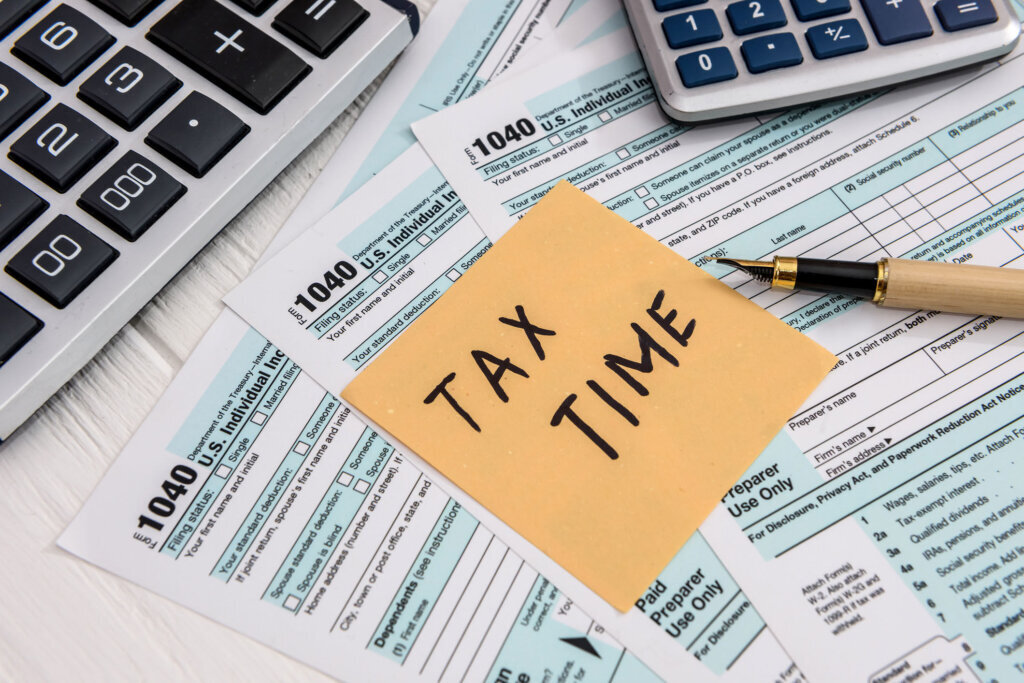It’s that time of the year when you’re forced to gather up all your loose financial materials and file your taxes. That time also coincides with springtime, when many of us are focused on clearing out unneeded clutter.

But how long should we hold onto our financial data after tax season? CBS Business Analyst Jill Schlesinger says storing that information for a few years can spare a lot of headaches down the road.
“You’ve got to keep your tax records for six years,” Schlesinger said. “If you get audited, it’s usually a three year audit. But if the IRS identifies a big error, they can add additional years. They usually don’t go back more than six years.”
Whether you’re working with a tax preparer or doing it yourself, it’s easy to save an electronic copy of your actual tax return. But what about all the supporting files, like bills and other financial records?
“Well, let’s do the easy stuff, let’s say credit card bills, or utility and phone bills,” Schlesinger said. “After you pay them and you keep them for like a month or 45 days, unless you need to reference something for tax or business purposes, fire up the shredder and get going.”
For bank and investment statements, Schlesinger recommends holding onto those for at least a year. But keeping them on file somewhere might be a good idea, just in case you, or your family need to apply for a bank loan or public assistance.
“If you or someone in your family might be applying for Medicaid, many states and certain facilities will require five years of your bank and investment statements. So you may want to keep those handy,” she said.
In addition to using tax season as an excuse to organize your financials, Schlesinger also says it’s a good time to check in on your credit score.
“At a time when we’re seeing higher interest rates, if you’re going to apply for a loan, you really want to make sure that score reflects all the good stuff that’s happened in your life,” she said. “Once every 12 months, you can get a free report from annualcreditreport.com. You want to make sure that all the information on that report is correct. If you see an error, you’ve got to correct it.”
Checking your credit report on a regular basis is also good practice to protect yourself against fraud or identity theft.
“It’s also a good second line defense against identity theft because you can see if someone else has opened an account in your name,” Schlesinger said. “You want to make sure everything is good on that report and clean up anything that’s not because, if you don’t, this could cost you money when you get your next loan.”








